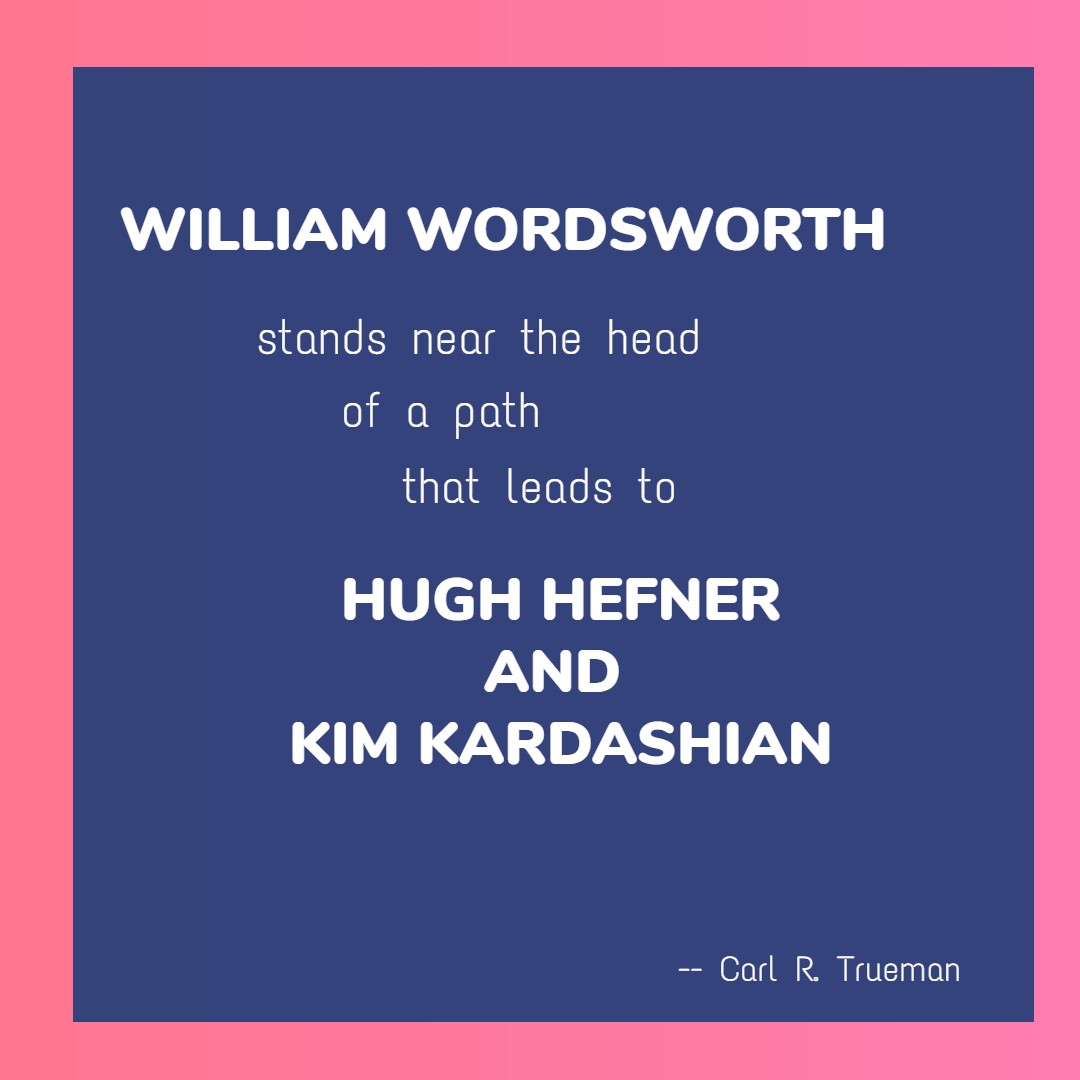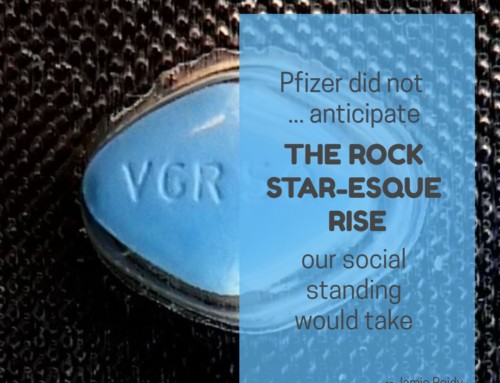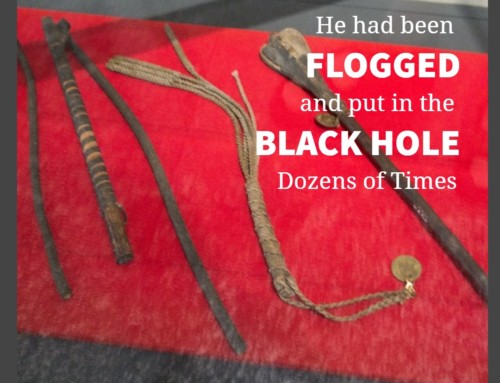Just how is is that we got to this world, where yesterday’s crazy-talk became today’s most serious ideas? Just imagine sitting down with Mayberry’s Aunt Bee and explaining same-sex marriage or transgenderism. What comes next? She sniffs your breath for whiskey fumes?
Yet here we are.
Carl R. Trueman maps out the road to our craziness in his book, The Rise and Triumph of the Modern Self.
According to him, we can blame a few cultural changes.
Technology “[changed] the relationship of human beings to their environment,” he says. Old hierarchies tumbled down. We discarded God, and once He’s out of the picture, “modern ethical discourse is really just a way of expressing emotional preferences, with no universal criterion by which competing moral claims can be compared or assessed.” We can’t even agree on whether an innate human nature exists.
We can blame some famous writers, like poets Wordsworth and Shelley. Wordsworth’s musings were the buds that eventually flowered into today’s “authenticity.” Says Trueman, “Wordsworth stands near the head of a path that leads to Hugh Hefner and Kim Kardashian.”
We can blame some famous thinkers, like Rousseau and Freud.
“Man is born free,” said Rousseau, “and everywhere is in chains.” According to him, man is most innocent in his natural state. Society and its demands are what corrupts him. Man’s empathy “takes the place of laws, morals and virtue because it naturally moves us toward alleviating the suffering of others.”
As for Freud, the man had no use for God. Man’s condemnation of forbidden sexual practices was mere tradition, based mostly on disgust. He “sees morality as fundamentally irrational and ultimately subjective. . . . Yes, he sees ethics as rooted in taste,” not some transcendant reality. Let this notion germinate for a few decades and, one day, any “objection to homosexuality and gay marriage is ultimately rooted in animus — or basic, irrational prejudice — against homosexuals.”
And it hasn’t stopped at sexual behavior. The libertines among us not only hop from bed to bed, but play around with a “fundamental plasticity.” Obsessed as we are with our own psychological comfort, we think we can “make and remake personal identity at will,” says Trueman. Even abortion cases in the courts “[give] legal status to a subjective and plastic notion of what it means to be a human.”
Ideas are wiggly things. On first glance, they look awfully inviting. Later, they advance to their inevitable ends. And here, according to Trueman, is where we end up:
Satisfaction and meaning — authenticity — are now found by an inward turn, and the culture is reconfigured to this end. Indeed, it must now serve the purpose of meeting any psychological needs. I must not tailor my psychological needs to the nature of society, for that would create anxiety and make me inauthentic. The refusal to bake me a wedding cake, therefore, is not an act consistent with the therapeutic ideal; in fact, it is the opposite — an act causing me psychological harm.
There is therefore an outward, social dimension to my psychological well-being that demands others acknowledge my inward, psychological identity. We all as individuals still inhabit the same social spaces, still interact with other individuals, and so these other individuals must be coerced to be part of our therapeutic world.
Why does it all matter?
First, those demanding the coercion now inflict real pain on the people who won’t go along. Use a wrong pronoun and you might lose your job.
Second, going along with a person’s freeing but mistaken self-notions does more harm than good. Abigail Shrier documents our current practices on gender dysphoria. She cites a significant portion of trans people who regret their now-irreversible body mutilations.
Trueman teaches at Grove City College in Pennsylvania. You can get acquainted with him in this interview. Enjoy the ideas. Enjoy the British accent!







Leave A Comment